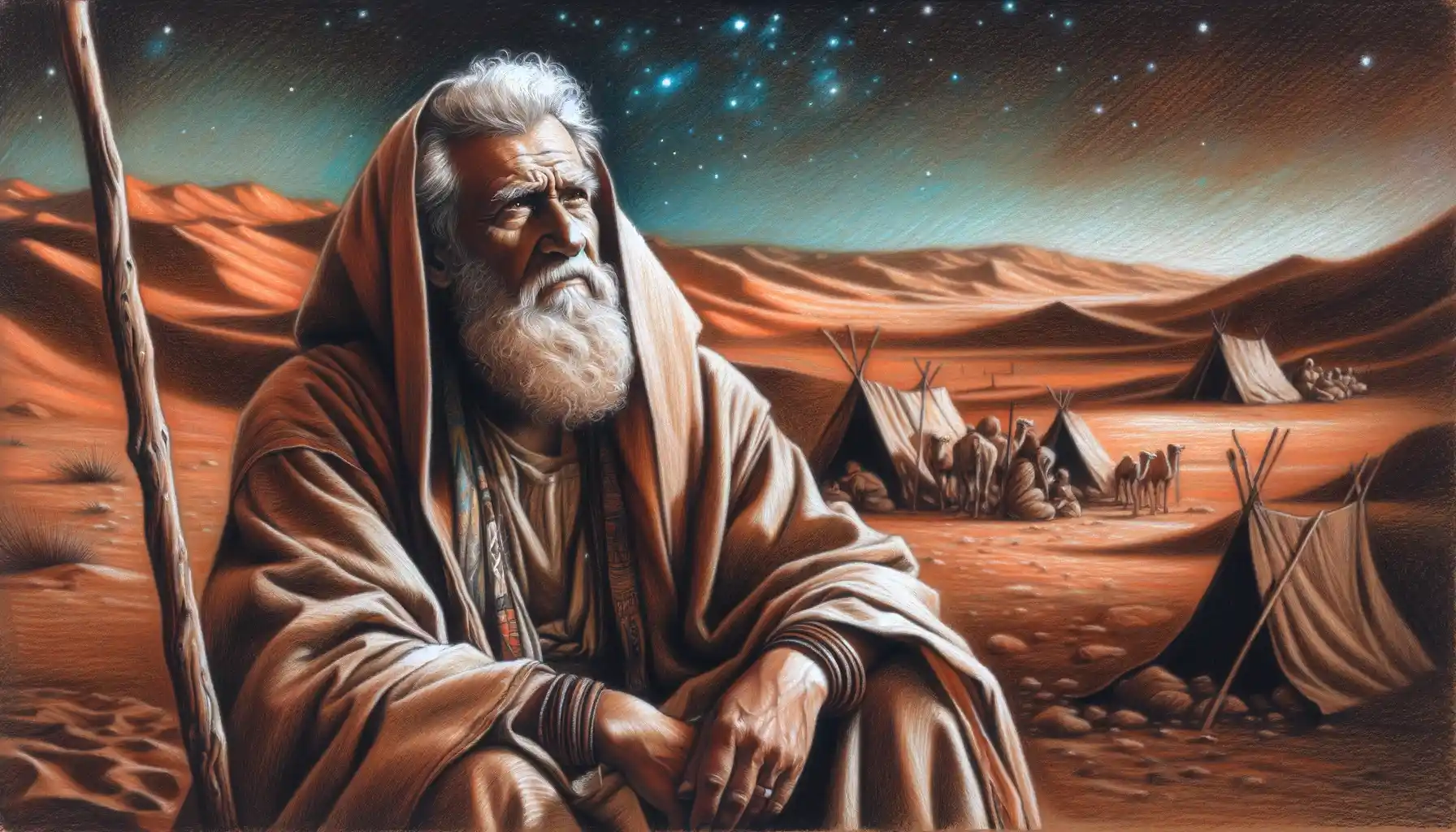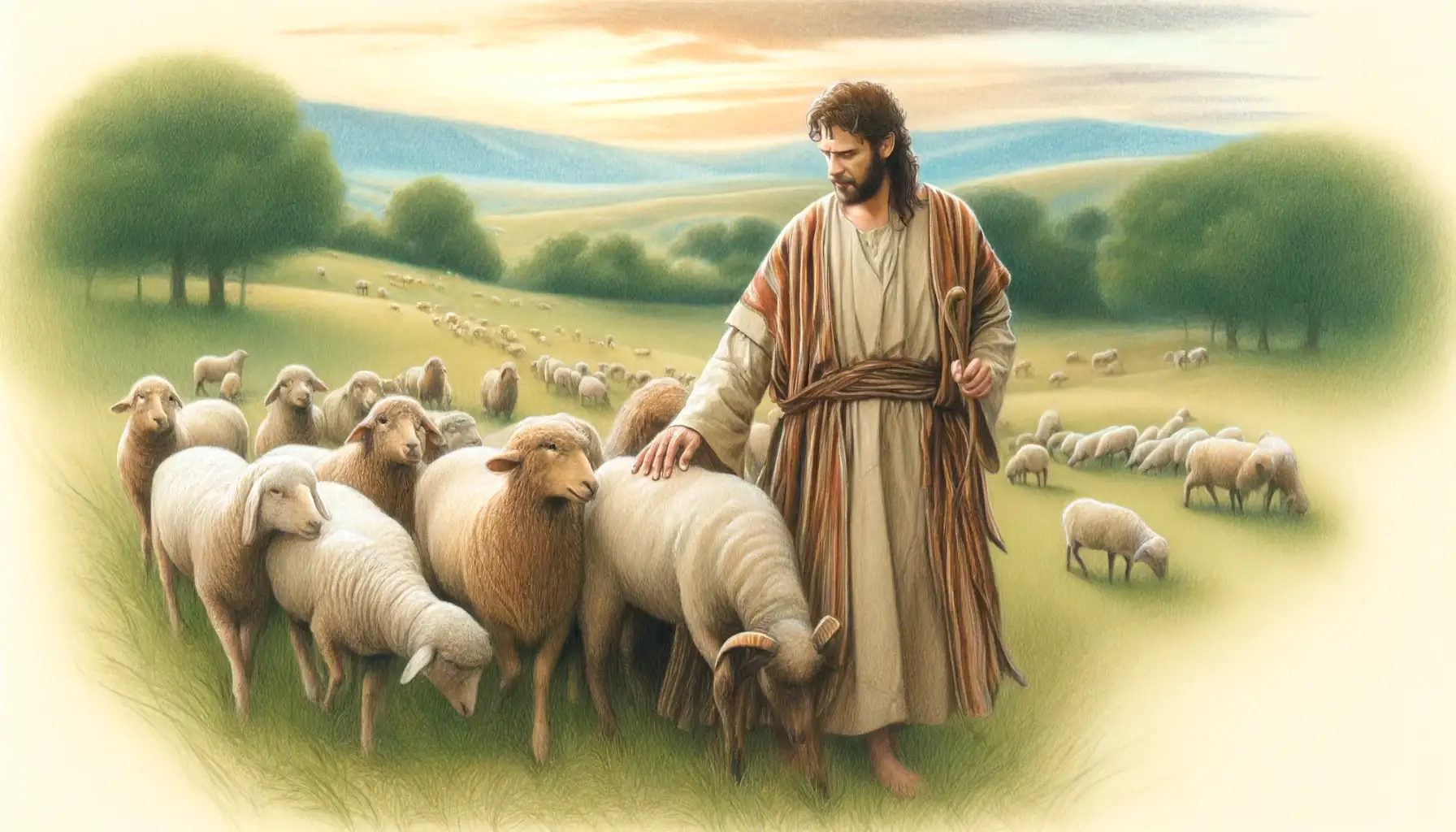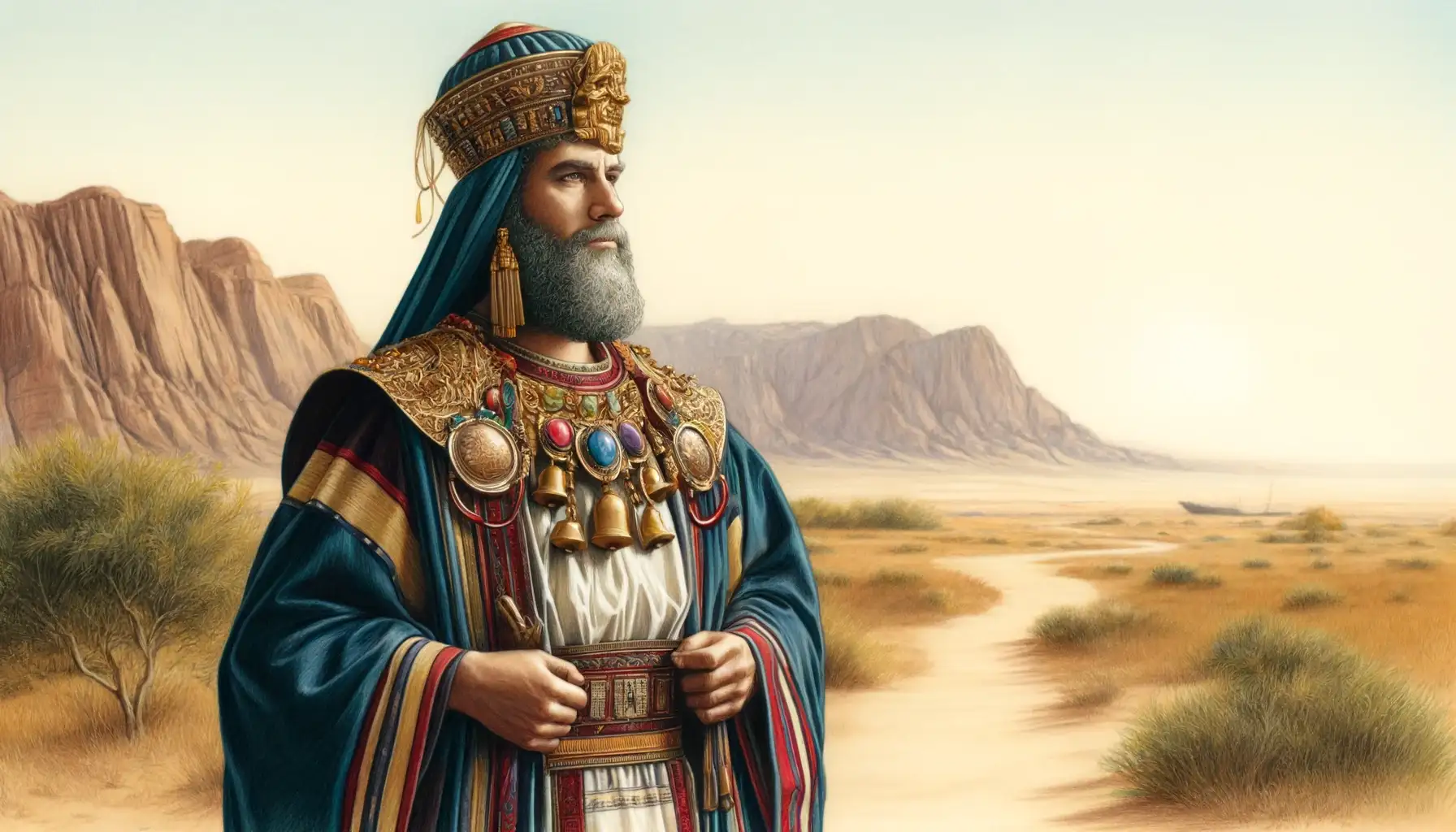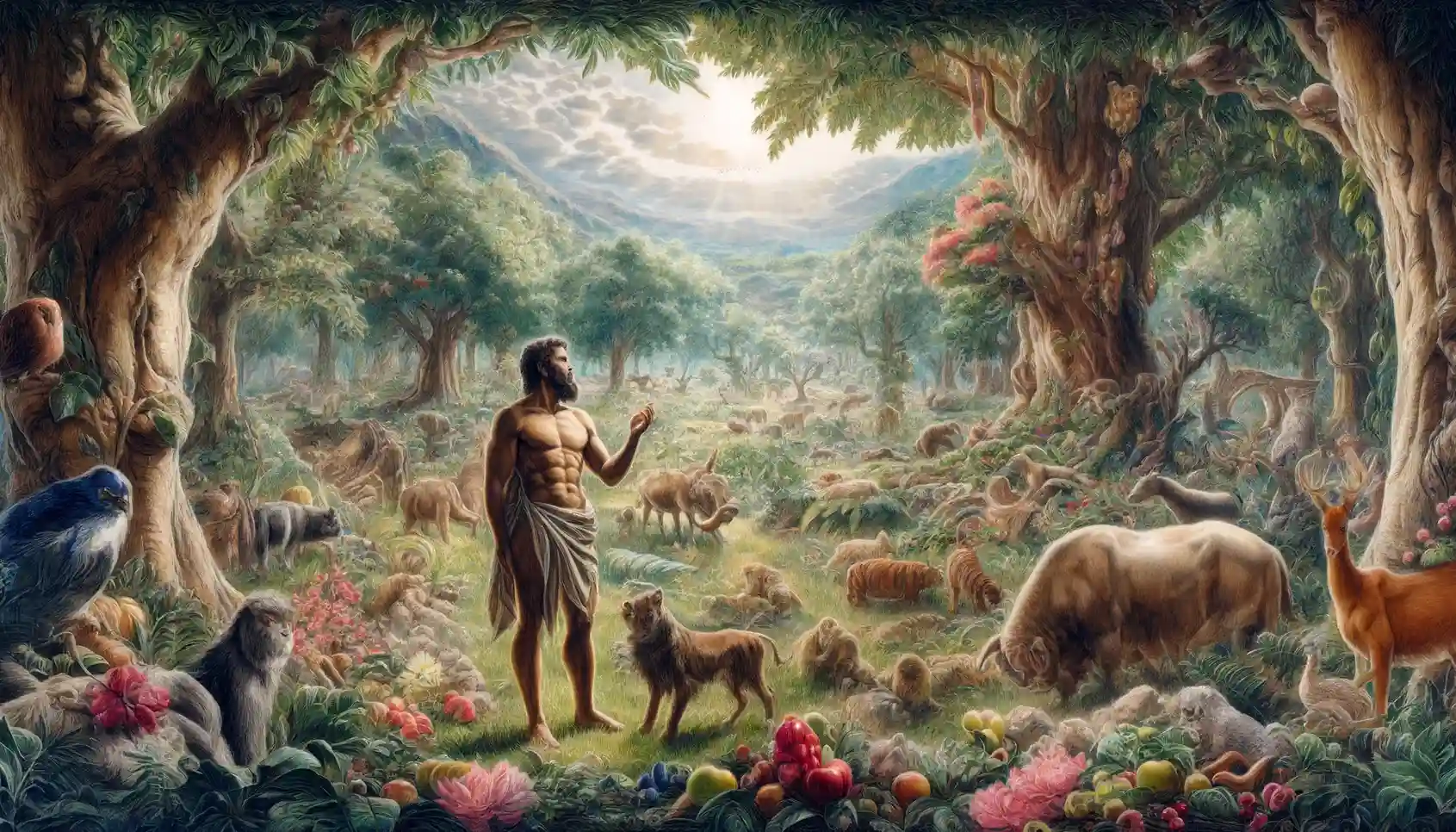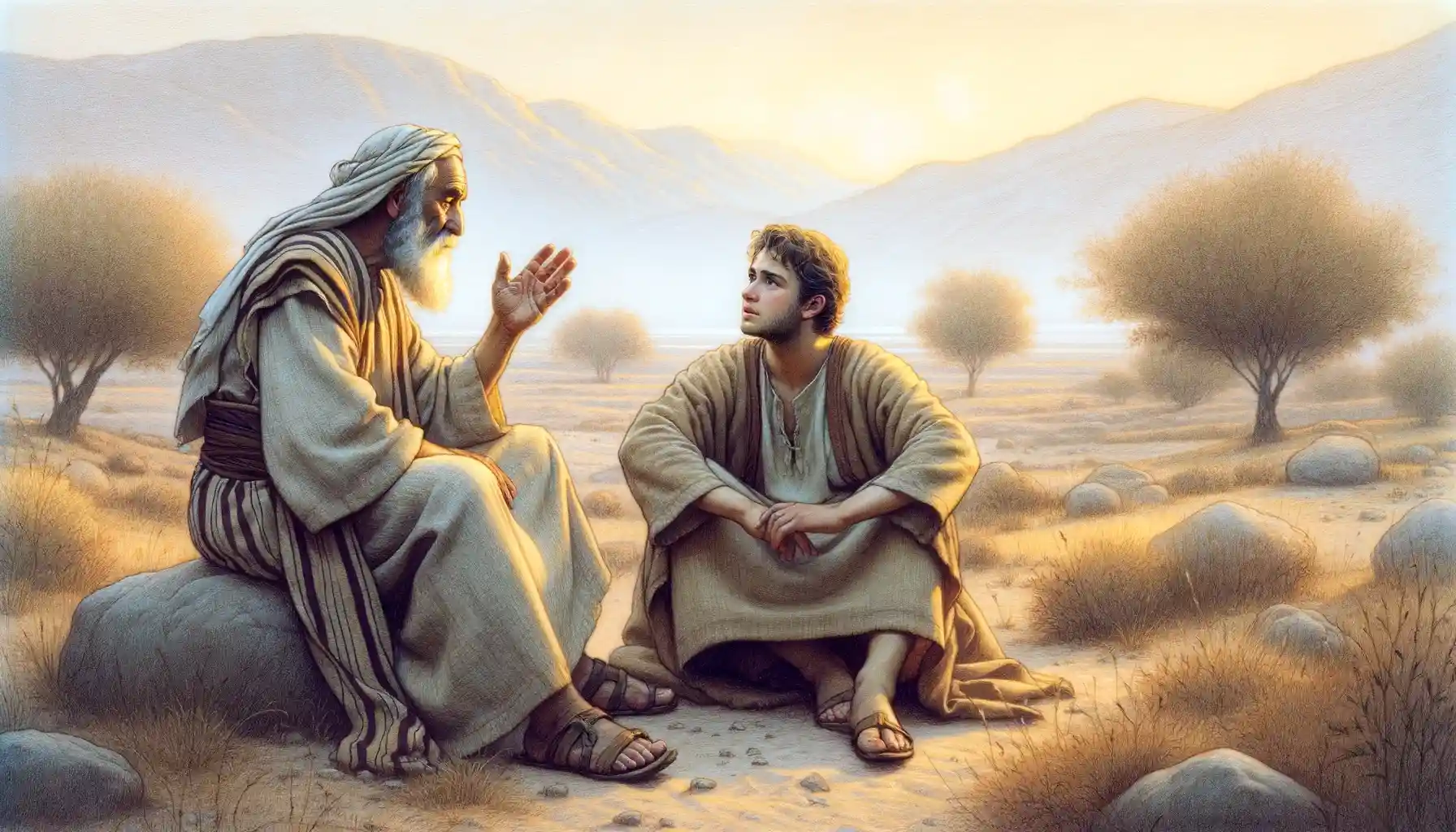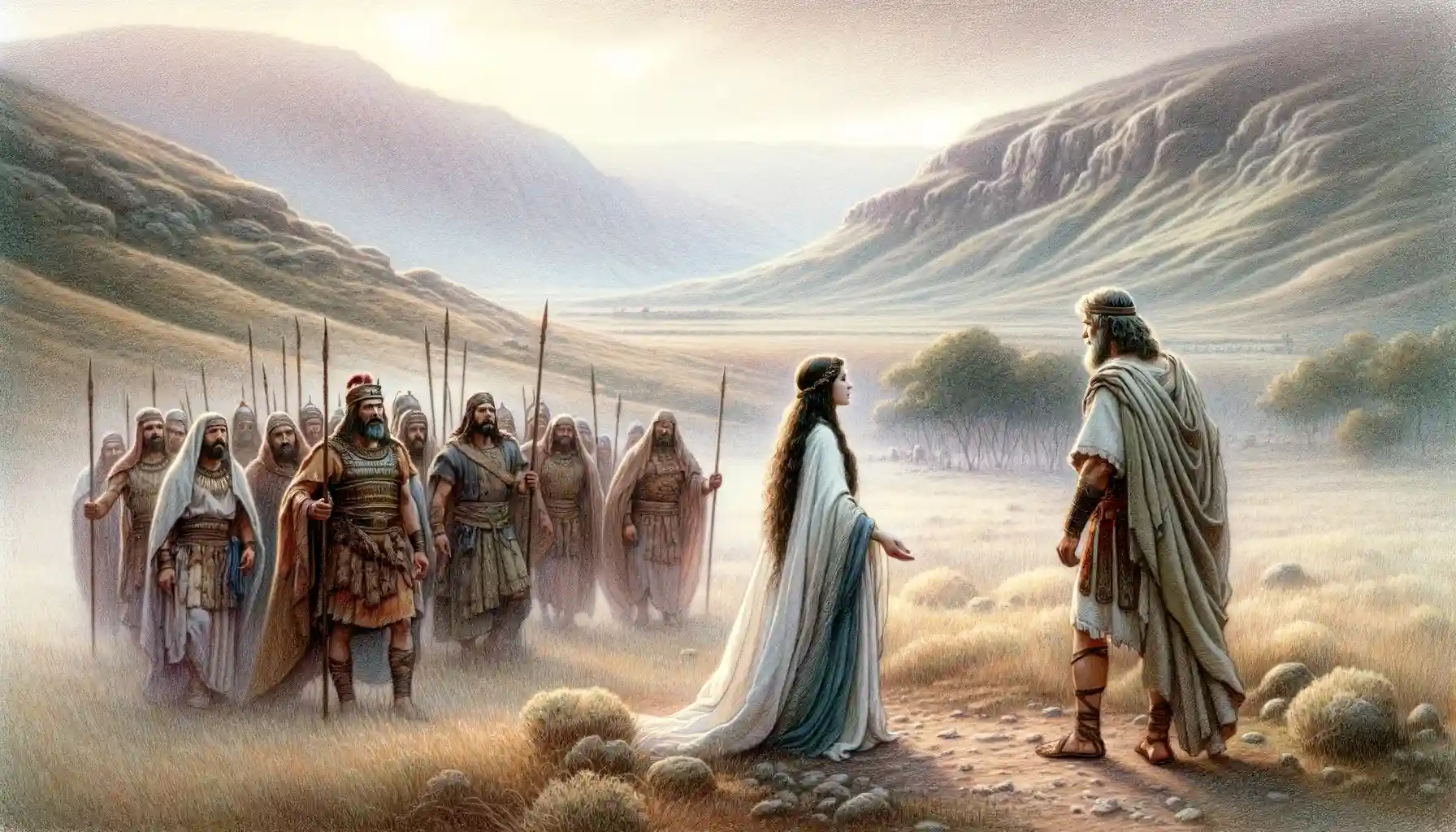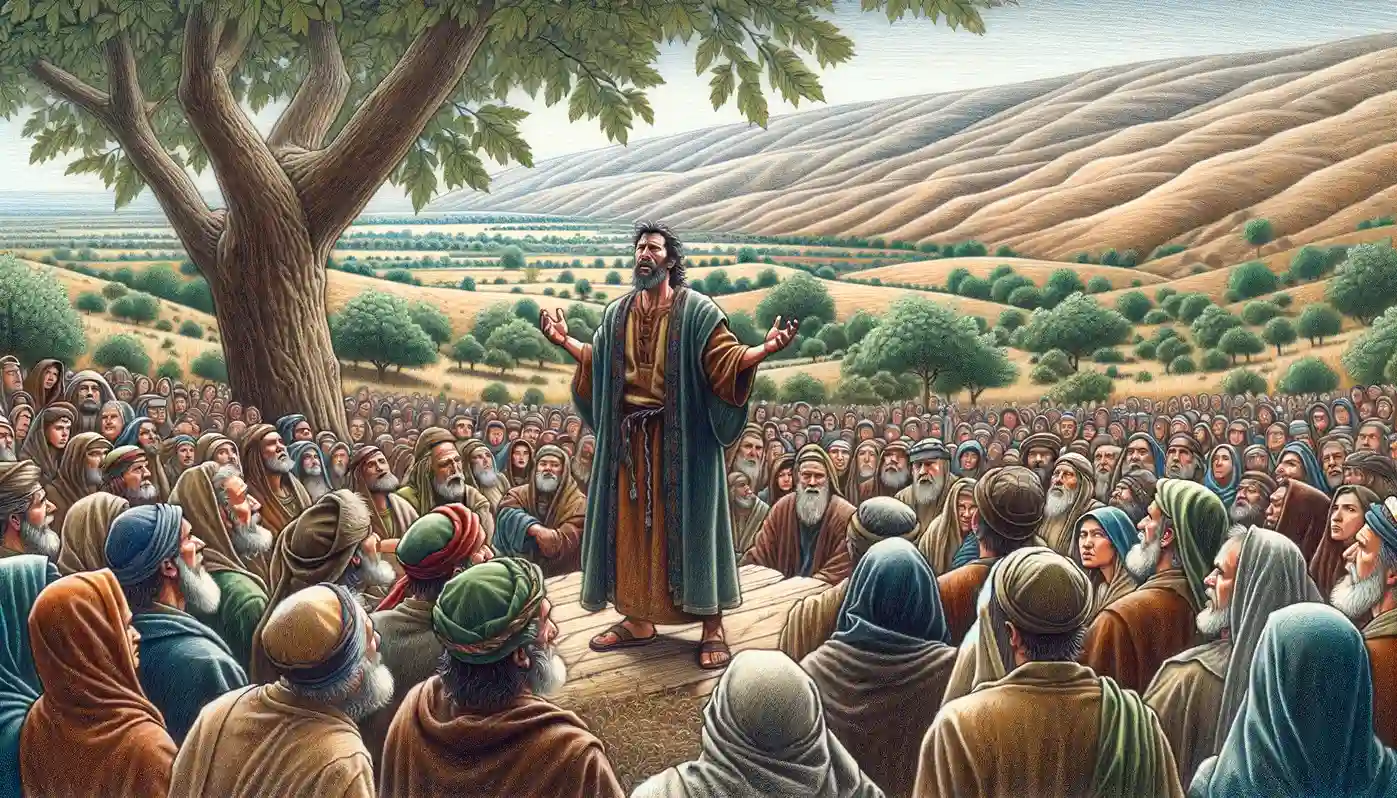Cain’s story is a complex narrative exploring themes of sin, jealousy, divine justice, and mercy. It serves as a foundational tale about the severe consequences of unchecked negative emotions and actions.
Abraham’s life exemplifies unwavering faith and obedience to God. His story is central to understanding the roots of monotheistic belief and the covenant relationship that defines Jewish identity and spirituality.
Abel’s brief narrative highlights profound themes of innocence, sacrifice, jealousy, and divine justice, which resonate throughout the Biblical text and Christian theology.
Aaron’s life and ministry were foundational in shaping the liturgical and communal identity of Israel. His legacy is marked by both his leadership in worship and the complexities of his human vulnerabilities.
Adam’s story is foundational in the Judeo-Christian tradition, encapsulating themes of creation, fall, and redemption. His life reflects both the potential and pitfalls of humanity, serving as a profound narrative on the human condition.
Jethro, Moses’ father-in-law and the priest of Midian, is celebrated in the biblical narrative for his crucial advice on leadership and governance, helping to establish a practical and sustainable judicial system for the Israelites during their journey in the wilderness.
Abigail is celebrated in the biblical narrative for her quick thinking, wise speech, and acts of diplomacy that not only saved her household from destruction but also led to her becoming the wife of King David.
The Book of Amos is structured into oracles against the nations, speeches highlighting social injustices, and visions of judgment, all emphasizing themes of justice, true worship, and divine sovereignty, culminating in a message that covenantal obligations are fundamentally moral and ethical, demanding a society where equity and righteousness are upheld, ultimately affirming God’s commitment to both judgment and mercy.


